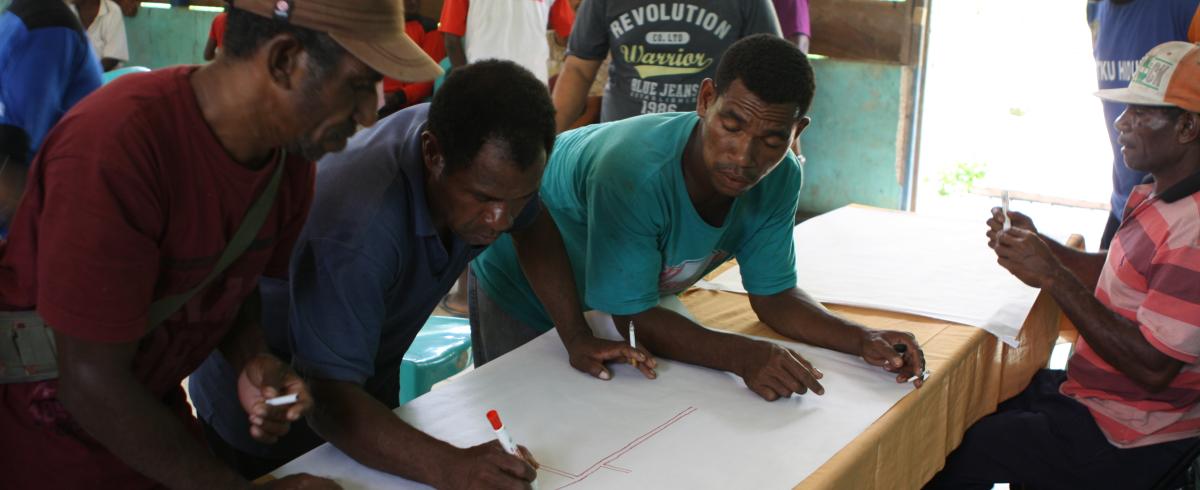Kokoly
Against a backdrop of extreme poverty, personal loss and a marine environment changing beyond her control, Kokoly lives on a knife edge. Filmed over four months, Kokoly follows a traditional Vezo fisherwoman Madame Kokoly - as she reflects on her live experiences and carries out her daily routine in and around the coastal waters of southwest Madagascar.

